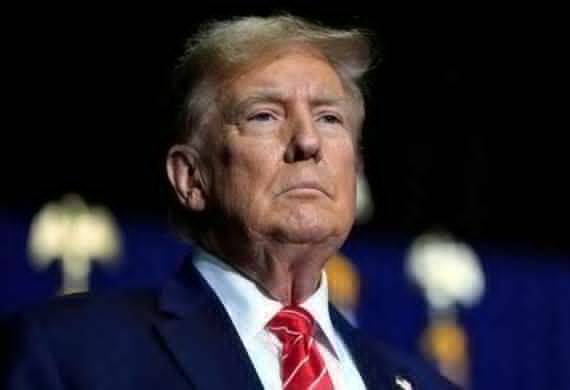Trump Admin Proposes 15% Tariff for 150 Days as 'Plan B' After Court Ruling
By Global Leaders Insights Team | May 30, 2025

Key Highlights
- Trump administration considers 15% tariff for 150 days under Trade Act of 1974 as contingency.
- Legal challenges prompt 'Plan B' to impose temporary tariffs while appealing previous court decisions.
The Trump administration is preparing a legal 'Plan B' to maintain its sweeping tariffs after a US court ruled that the president exceeded his authority by imposing them through emergency economic powers. The new approach would rely on Trade Act of 1974 provisions, beginning with a temporary 15% tariff for 150 days, followed by more targeted duties based on a separate clause aimed at unfair trade practices, according to reports.
The backup plan comes after a federal appeals court on Thursday allowed the existing tariffs to remain in effect while the administration appealed the lower court's decision. However, because the policy's legal basis is unclear, officials are now considering alternative ways to protect the president's trade agenda.
Trump administration's 'Plan B' takes a two-step approach
The Trump administration will have to take two steps to achieve this. Invoking Section 122 of the Trade Act of 1974, a previously unutilized provision, would be the first step. In order to rectify trade imbalances, this Act permits temporary tariffs of up to 15% for a period of 150 days.
A longer-term solution under Section 301, which calls for a more thorough procedure but is thought to be more legally sound, could be implemented during this interim period.
Officially, no new tariff announcements have been made; however, White House officials have confirmed that alternatives are under consideration. Press Secretary Karoline Leavitt said the administration is considering other legal options as it appeals the court's decision, but she didn't elaborate.
Senior trade adviser Peter Navarro appeared to confirm the two-pronged approach while also suggesting that the administration could look into other trade laws, such as the Smoot-Hawley Tariff Act of 1930 and provisions related to national security.
Also Read: US Court Halts Trump's Attempt to Impose 'Liberation Day' Tariffs on Imports
Tariffs of 15% for 150 days are possible under US law
Since the current strategy is based on the International Emergency Economic Powers Act (IEEPA), a law that has never been used to impose tariffs, legal experts told The Wall Street Journal that the proposed Plan B is more "defensible" than the current strategy.
President Trump's use of the IEEPA to address trade deficits was declared illegal by the US Court of International Trade on May 28. According to the court, the president cannot impose broad import duties without the consent of Congress.
However, on May 29, a federal appeals court allowed the tariffs to remain in effect while the Trump administration appealed the ruling.
The administration believes that switching to other statutory tools will maintain tariff continuity and leverage in ongoing trade negotiations, even in light of the court's decision. According to some analysts, the court ruling may even pave the way for a broader US-EU trade agreement by resolving one of the major points of contention.
.jpg)



